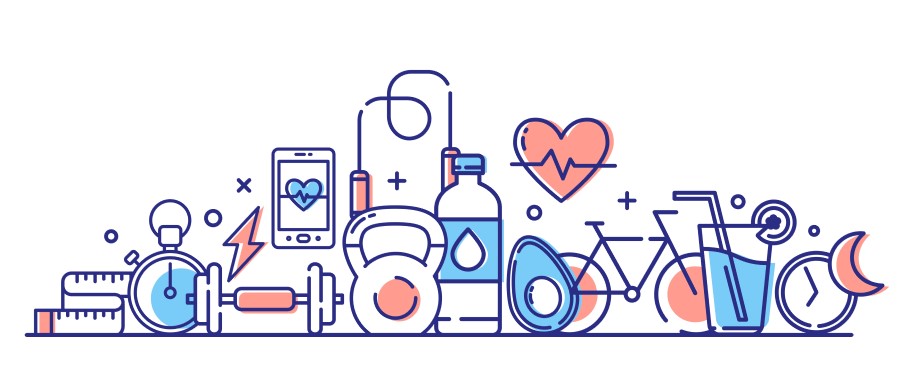Now everyone’s thinking about health, let’s make the most of it

Health issues have rarely been off our minds now for the best part of 18 months, and they’re likely to stay there. Reminders of our vulnerability have never seemed far away: almost every day, we’ve found ourselves checking bags and pockets for a mask, calculating how far we are from the next person in the queue, or closely scrutinising any symptoms of illness we might be displaying.
The positive side of this is that people are now more aware of their health, and consequently more likely to take a greater degree of responsibility for it. And it’s within all of our interests to harness this increased awareness and channel it into helping workers to look after their own wellbeing. This is very different to looking after it for them.
What employees think about the support they’ve received from employers
Aviva’s latest research, conducted in March and published in our Thriving in the Age of Ambiguity report, paints a picture of a workforce where diverse experiences during the pandemic have polarised views about working life and the quality of support received from employers.
Some employees are positively thriving, capitalising on new opportunities and re-calibrating their lives to better suit their character and values. Many have struggled, feeling like they’ve lost purpose, motivation, and structure. Some have lacked support from employers, while others are chronically worried about their finances, wondering if they’ll ever be able to achieve security and important goals. The research shows 60% feel their finances control their lives.
All of this is closely connected with how people feel about their health: 39% of employees said their current financial situation negatively impacts their mental health. There’s an obvious link between financial worries and the world of work, with the pandemic causing difficulties for many businesses which could affect employment prospects. But there’s also evidence that other aspects of the relationship with work is leading to health issues: 66% of responders said “I often neglect my physical health through being too busy at work”. This figure is up from 59% in February 2020.
So, employees who may now be more inclined to look after their health could well be in need of the right kind of support to do so. The good news is that there are ways for employers to provide that support, helping employees to protect their future health.
Engendering a spirit of ‘prevention is better than cure’ is central to the wellbeing services which employers can make available as part of their workplace benefits package. And it’s undoubtedly better for businesses to facilitate an employee’s own instinct for self-preservation than to have to support their recovery if they do become ill.
Helping employers to support their employees
It’s worth seeking out providers who include wellbeing support within workplace private medical insurance (PMI) and group protection products. Such support frequently encourages a proactive, preventative approach. Sourcing a group protection product which includes a self-administered annual health check is an example of this type of support. By taking a simple, home-based test once a year, employees can keep on top of their health by spotting early signs of conditions such as diabetes, cholesterol status or liver health. As well as having the potential to prevent some future problems, the reassurance of a clean bill of health can ease the worry that can lead to stress and anxiety.
Employees who are more health-aware will also be highly receptive to wellbeing support in the form of team challenges and other participatory events. Some PMI cover can include access to app-based wellbeing support which encompasses motivational material such as this. Often the content can be linked to popular apps or wearables, allowing employees to view their wellbeing data in one place – all making it easier for them to keep an eye on their health for themselves.
Benefits such as these – whether included within or added onto a group protection or PMI policy – all help employees to monitor and protect their own health. It makes sense to embrace them at a time when more and more people are focused on the importance of looking after themselves – and are increasingly aware of the challenges to health that changing working environments can pose.
The author is Dr Subashini M, assistant chief medical officer at Aviva.
This article is provided by Aviva.
In partnership with Aviva
Our purpose is to be with you today, for a better tomorrow.







